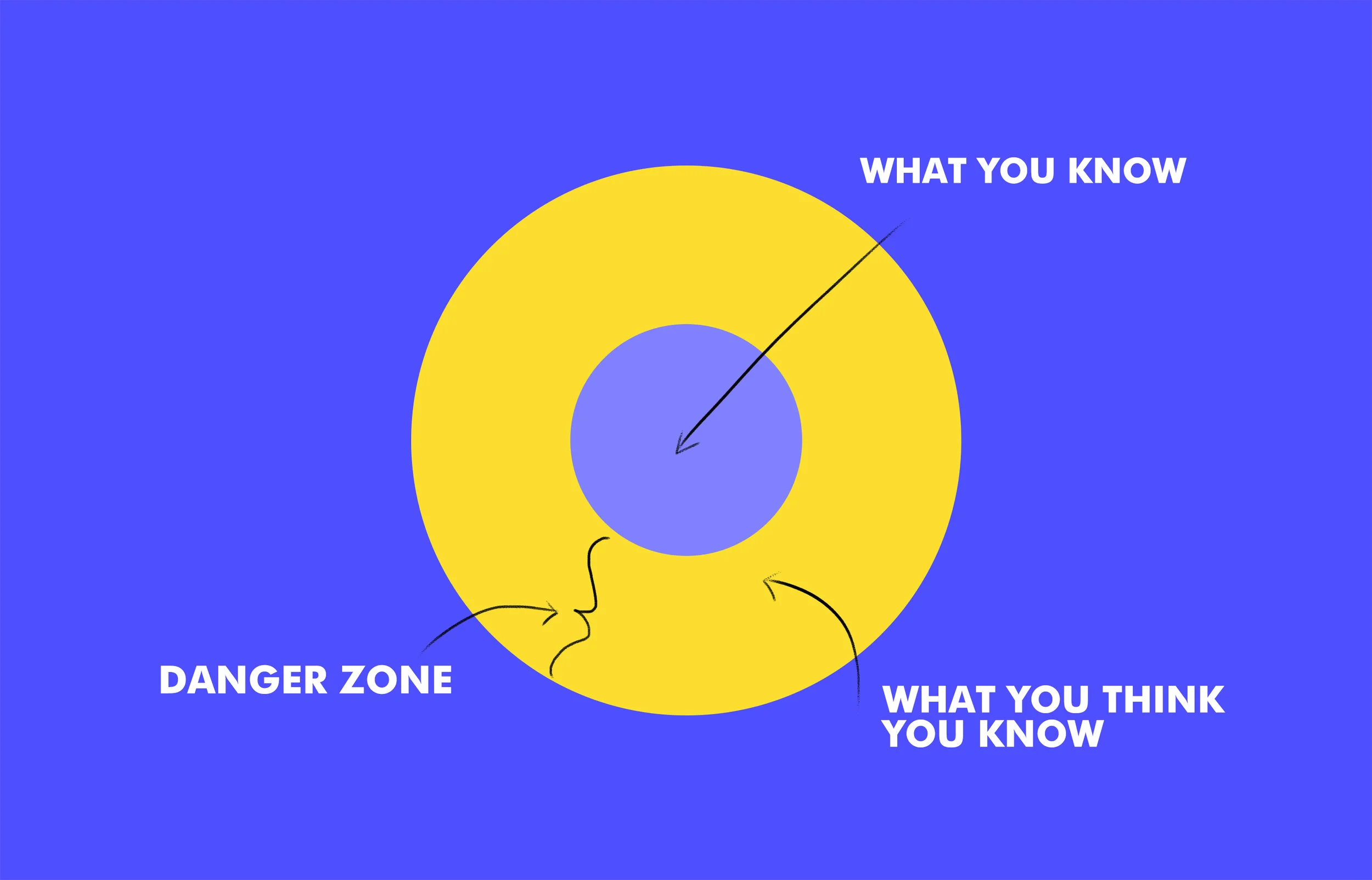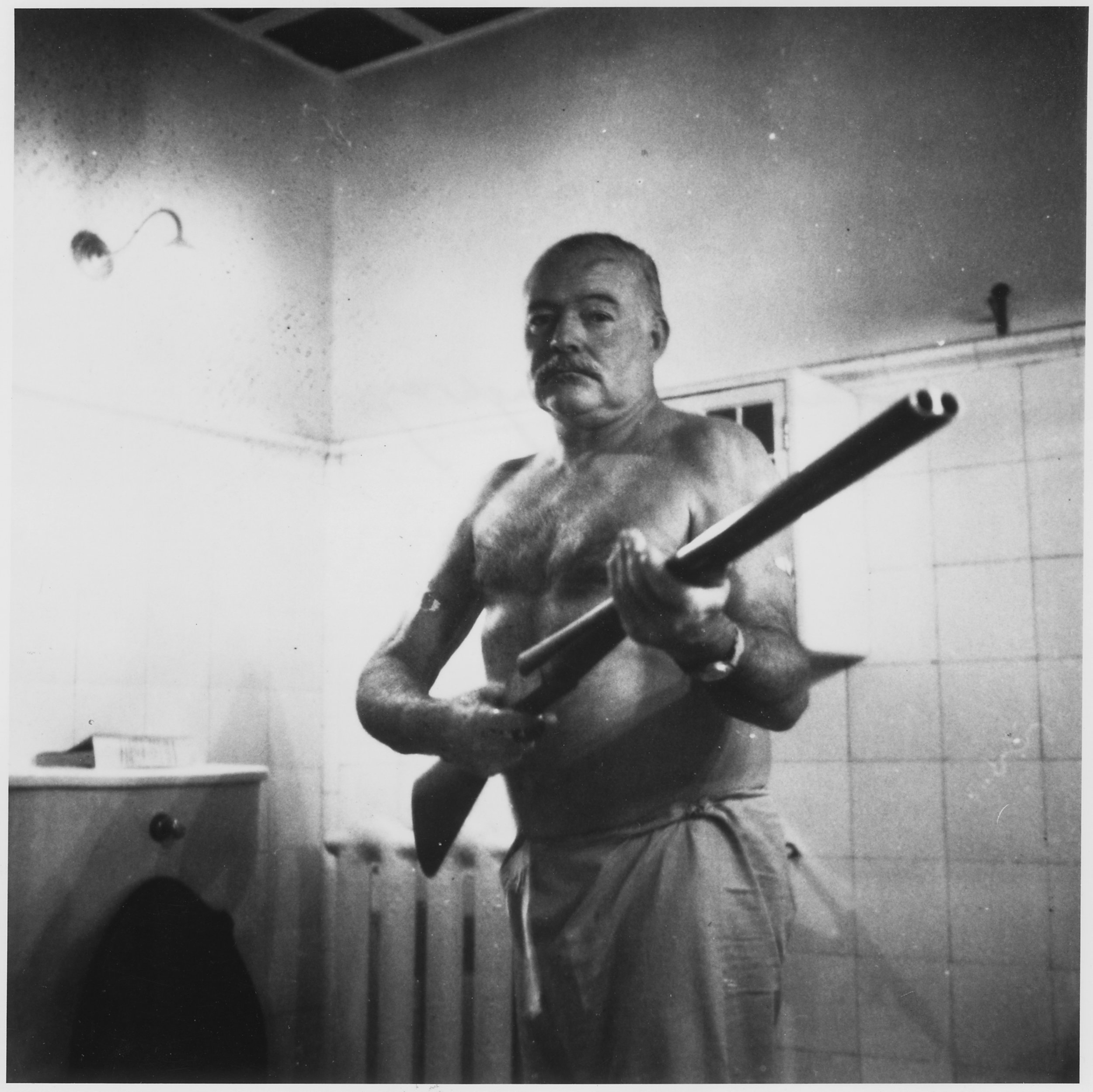Chekhov's Gun
Anton Pavlovich Chekhov was born in Taganrog, Russia in January 1860.
His parents, Pavel and Yevgeniya, ran a local grocery store and the young Anton attended a nearby Greek school.
Sadly, misfortune befell his father later on and his parents fled to Moscow to evade debtor’s prison leaving their youngest son to fend for himself.
Gifted and resourceful, Anton found ways to make money and paid for his own education.
He eventually gained a place at medical school and after graduating earned his living as a doctor.
In his spare time, Chekhov enjoyed writing as a hobby.
It was something he was extremely passionate about and he was humorously quoted as saying, "Medicine is my lawful wife and literature my mistress; when I get tired of one, I spend the night with the other."
Despite it not having been his profession, Chekhov is nonetheless considered to be one of the greatest writers of short fiction in history.
He also had this important piece of storytelling advice which is contained in a book about the art of writing:
‘If in the first act you have hung a pistol on the wall, then in the following one it should be fired. Otherwise don’t put it there.’
What is the message here?
Put simply, Chekov believed that every element introduced in a story should contribute to the whole.
This isn’t to say that every single plot point must be hugely significant. There will of course be some details to describe an environment or create a certain mood.
Yet each part should correspond meaningfully to the overall story.
In essence, any item introduced to the audience that implies dramatic significance must be given an important role to play.
This principle is known as Chekhov’s gun and it’s something to be aware of when constructing your own story.
Make sure it’s not full of unnecessary details that seem more important than they actually are.






